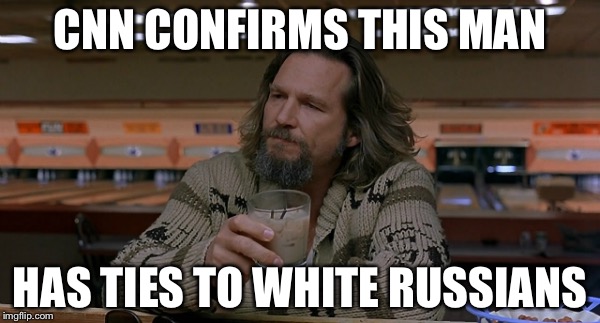Bauer pointed to a campaign finance law that prohibits foreign nationals from providing "anything of value … in connection with" an election.
"The hacking of the Podesta emails, which were then transmitted to Wikileaks for posting, clearly had value," Bauer noted, pointing to Trump's frequent praise of the organization. "And its connection to the election is not disputed."
Josh Douglas, an election and constitutional law expert who teaches at the University of Kentucky Law School, also cited campaign finance laws — specifically, the Bipartisan Campaign Reform Act of 2002, also known as the McCain-Feingold act — when asked whether collusion with a foreign power to win an election was illegal.
Like Bauer, he said the question would be whether any of the Russian activity "would fall under that law as an expenditure," and whether the Americans involved — in this case, the Trump campaign — had a "specific intent to engage in that prohibited act."
To Bauer, the intent seems clear:
"The President and others associated with the campaign made no bones about the value to them of the purloined email communications. ... He drew on the emails
in the debates with Secretary Clinton. Notably, when he was asked during the debates to acknowledge the Russian program of interference and given the opportunity to openly oppose the actions, he wouldn’t do so. He also mentioned Wikileaks
124 times in the last month of the campaign. The Russians could only have been strengthened in the conviction that their efforts were welcome and had value. That covers the evidence in plain sight."





